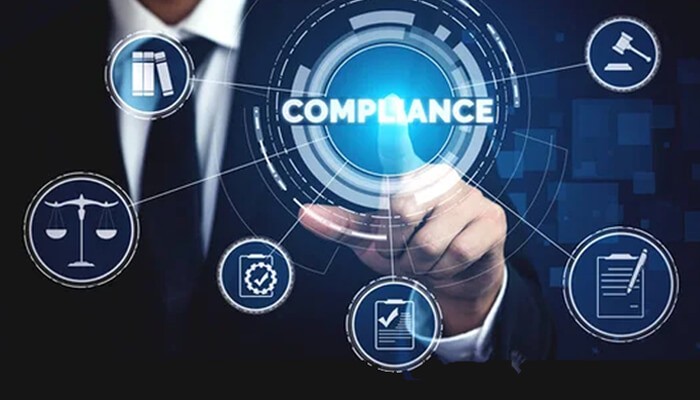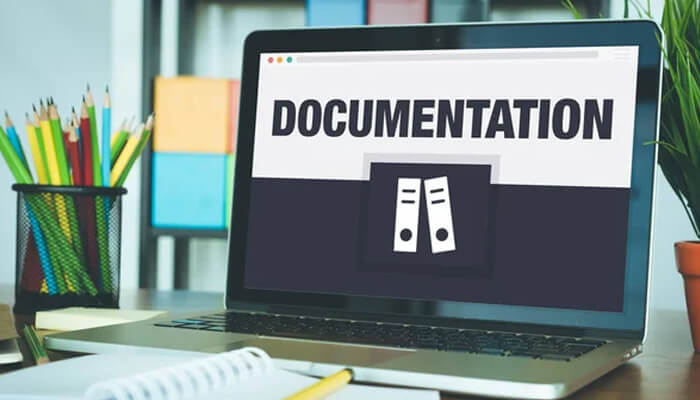Ensuring compliance with disability claim laws and regulations is crucial for businesses to treat employees fairly and avoid legal issues. Ensuring compliance with disability claim laws and regulations is not only a legal obligation for businesses, but it also carries several important benefits. Here are some reasons why businesses should prioritize compliance with these laws:
Here are steps businesses can take to achieve this:
Design a clear policy
Develop a comprehensive disability claim policy that outlines the process for employees to request accommodations or file disability claims. This policy should be easily accessible to all employees and clearly explain the steps, documentation requirements, and timelines for filing claims.
Training
Create disability awareness among your employees. Disability awareness is the understanding, knowledge, and sensitivity that individuals, organizations, and communities develop regarding the challenges and experiences of people with disabilities. It involves recognizing the diversity of disabilities, promoting inclusivity, and fostering an environment that respects the rights and dignity of all individuals, regardless of their abilities.
Provide training to your HR personnel, managers, and supervisors about disability rights, accommodations, and the process for handling disability claims. Ensure they understand their responsibilities and are able to address disability-related issues sensitively and appropriately. This ensures consistent and appropriate handling of claims across the organization.
Interactive process
Engage in an interactive process with employees who request accommodations due to disabilities. This involves open communication to determine the appropriate accommodation that allows the employee to perform their job effectively.
Maintain documentation
Keep detailed records of all interactions, including requests for accommodations, discussions, and decisions related to disability claims. This documentation can be invaluable in demonstrating compliance if legal issues arise.
Confidentiality
Maintain confidentiality of employee medical information. Only share such information on a need-to-know basis and store it securely to protect employee privacy.
Non-retaliation
Make it clear that employees who request accommodations or file disability claims are protected from retaliation. Ensure that there are mechanisms in place to address and report any instances of retaliation.
Accommodation process
Establish a structured process for handling accommodation requests. This process should involve a dialogue with the employee to understand their needs and limitations, explore potential accommodations, and arrive at a reasonable solution.
Consistent application
Apply disability claim policies consistently across the organization to avoid claims of discrimination. Treat all employees with disabilities fairly and without bias.
Legal consultation
If you’re unsure about how to handle specific cases or are facing complex situations, consult with legal experts who specialize in employment law or disability accommodations.
Cultivate inclusive culture
Foster an inclusive company culture that values diversity and supports employees with disabilities. This goes beyond compliance and creates a more welcoming workplace for everyone.
Create feedback mechanisms
Creating a feedback mechanism promotes clear communication in the workplace. Create feedback mechanisms for employees to voice concerns or provide input on the company’s disability claim processes. This can help identify areas for improvement and ensure a more inclusive workplace.
External resources
Utilize resources provided by government agencies, non-profit organizations, and legal associations that focus on disability awareness and rights. These resources can provide guidance and best practices for compliance.
Monitor compliance
Consistently evaluate whether your company is adhering to the rules and laws governing disability claims. Third-party evaluations or internal audits are two ways to accomplish this.
Takeaway
Complying with disability claim laws can open up opportunities to serve a broader customer base. By creating accessible products, services, and physical spaces, businesses can tap into the purchasing power of individuals with disabilities and their families. By following these steps and prioritizing clear communication, fairness, and compliance, businesses can create an environment that supports employees with disabilities while adhering to legal requirements.




